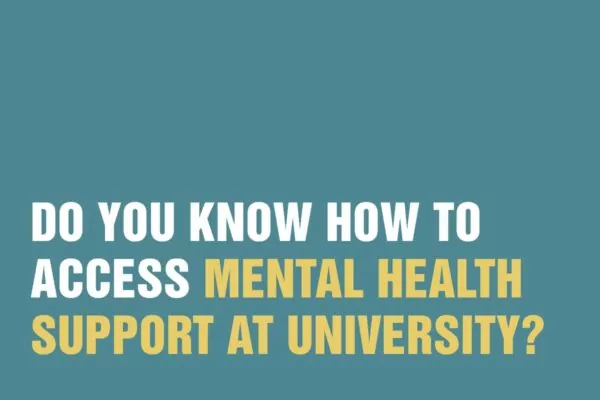Everyone loves a story. Stories are a powerful way to make sense of our world. Stories are much more fun and engaging than recounting facts – as well as being much more memorable. We remember the ‘moral of the story’ way more easily than someone delivering a lecture or offering advice. National Storytelling Week each year at the end of January celebrates the magic of telling a story out loud, as a way of “communicating life experiences and the creative imagination”.
This principle has a strong link with the therapeutic process. Being in therapy, at its heart, is telling your story out loud. This is very much a creative and collaborative process that engages you and your therapist on a heart level as well as a head level.
Here are some of the benefits of telling your story in therapy:
- Having your story heard by a trained professional affirms what has happened to you. Your therapist isn’t there to contradict, update or challenge you on the truth of what happened. He or she is there to offer a container for your story to unfold.
- Therapy offers you the opportunity to process what happened in your life. The way you tell your story, the pace at which you tell it, and the details you include or include, can all be meaningful when you have a chance to explore them.
- Going into extreme detail about an incident that happened during your week can help to alleviate the anxiety you might be feeling. Telling your story helps you feel less stressed. For someone to walk through that detail with you, and empathising with what happened, can help you to feel heard, seen and understood.
- Better out than in: it may be the first time you are putting into words what happened to you. Painful thoughts and feelings can be articulated out loud – and there can be a freedom in expressing what previously felt inexpressible, unforgivable or unthinkable.
- You can start to distance yourself from what happened through telling your story – becoming less identified with the events and the feelings surrounding them, and more at peace with yourself.
- A metaphor can enable the exploration of deeply painful aspects of your experience in a safer way. If you endured traumatic experiences as a child, describing a metaphor or image helps you to understand what happened to you and can lead to healing those old wounds without retraumatising you.
- Telling your story week after week can help you identify themes and scripts that have been running and re-running throughout your life. That insight can enable you to make fresh choices about what you do next. In effect, you can write a new story for your future and, instead of following the script that someone else has written for you, you can become the author of your own life.
If you would like to start counselling, psychotherapy or psychology as a way of processing your own life story, get in touch with our team today. You can book an initial appointment by calling 020 8673 4545 or emailing [email protected]. We have centres in Clapham and Tooting, with no waiting list.







